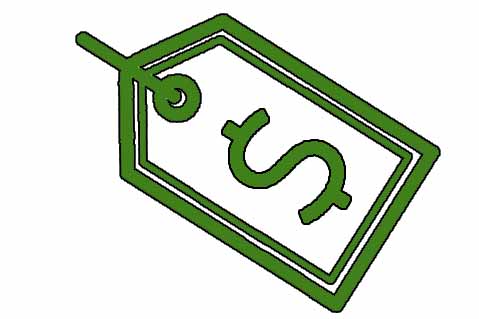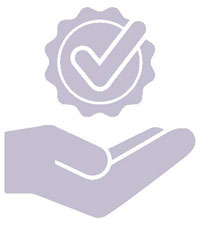June 07, 2017
The Secret To Competing With Low-Cost Direct Sellers
Have you ever dropped your price to match or compete with low-cost direct sellers? Unfortunately, this is the go-to move many distributors use to retain clients – and more importantly, to stop their customers from using direct sellers. We’re going to talk about what price is and what it represents, and whether it’s really your client’s deciding factor in staying you or going elsewhere for their promotional product needs.

WHAT’S PRICE?
Price is a monetary value placed on a good or service, and it fluctuates based on supply and demand, not necessarily on production costs. For instance, a cold bottle of water costs the same to produce whether it’s sold at an outdoor concert in Las Vegas or at a mountain ski chalet in winter. Demand for cold water at a desert concert is a lot higher than at a snow-covered chalet, so it’s likely the water bottle is priced higher in Las Vegas.
This is a very important distinction to make, so think about your products and services, and how to make them as desirable to your clients as the cold bottled water is to the parched concert goers.

WHEN DOES PRICE REALLY MATTER?
Price is only a deciding factor when end-buyers can’t tell the difference between you and another distributor. You must bring personality, relationship and guarantees into the equation. End-buyers will pay more for these. Your grand realization should be that you’re offering much more than a logoed product. You’re offering a tailored experience, one that your customers will be completely satisfied with – and will rave about.
We’ve all been in the end-buyer’s position. Think about what mattered to you the most. Say you purchased a cheap product online, and then had a horrible experience trying to return it and you couldn’t speak to a real person who actually cared. At some point, you decided never to buy from the company again. The hassle it caused wasn’t worth your time.
This example is important to consider when conceptualizing the whole buying experience. Create your firm’s processes from the customer’s viewpoint. People love to feel like they’ve purchased something unique, something that matches what they were looking for and that’s backed by real people. They’ll pay for it, and research shows that price loses priority in the context of an exceptional ongoing relationship.
WHAT’S THE REAL COST TO DROP MY PRICE?
Dropping your price to compete is not only a reduction in your immediate bottom line, but also sabotages your business model. In addition, your customer could view price competition negatively and think you’re all about the money. Yes, your business needs to make a profit, but playing the price war isn’t the best option. Focus more on the quality and the meaning of your product. Stand by your pricing.
There is audience who’ll purchase your products without questioning the price. Customers who do their homework want more than a low price. They’re looking at service, support and follow-through, asking questions like:
• “Will there be more when I come back?”
• “Is there someone available if I have questions?”
• “What’s the quality of the product?”
When you lower your price to match a competitor’s, you commoditize yourself, making yourself just another available option. You don’t differentiate your firm from the others. Since another company will always be able to provide the same product cheaper, don’t give in to the price wars craze. Stand by your business process, your people and your product quality. Help your customers and prospects understand why your product value is much more than price.